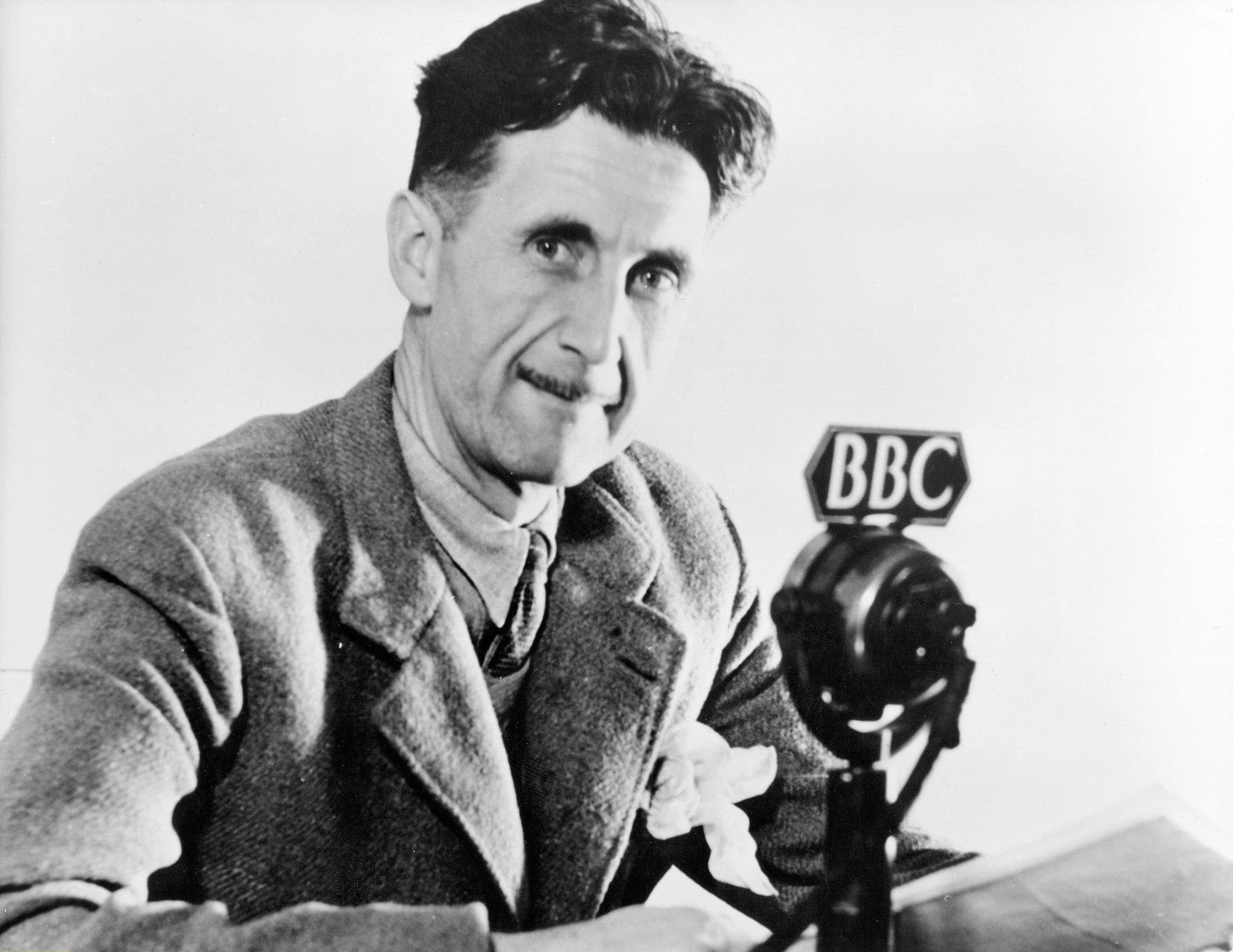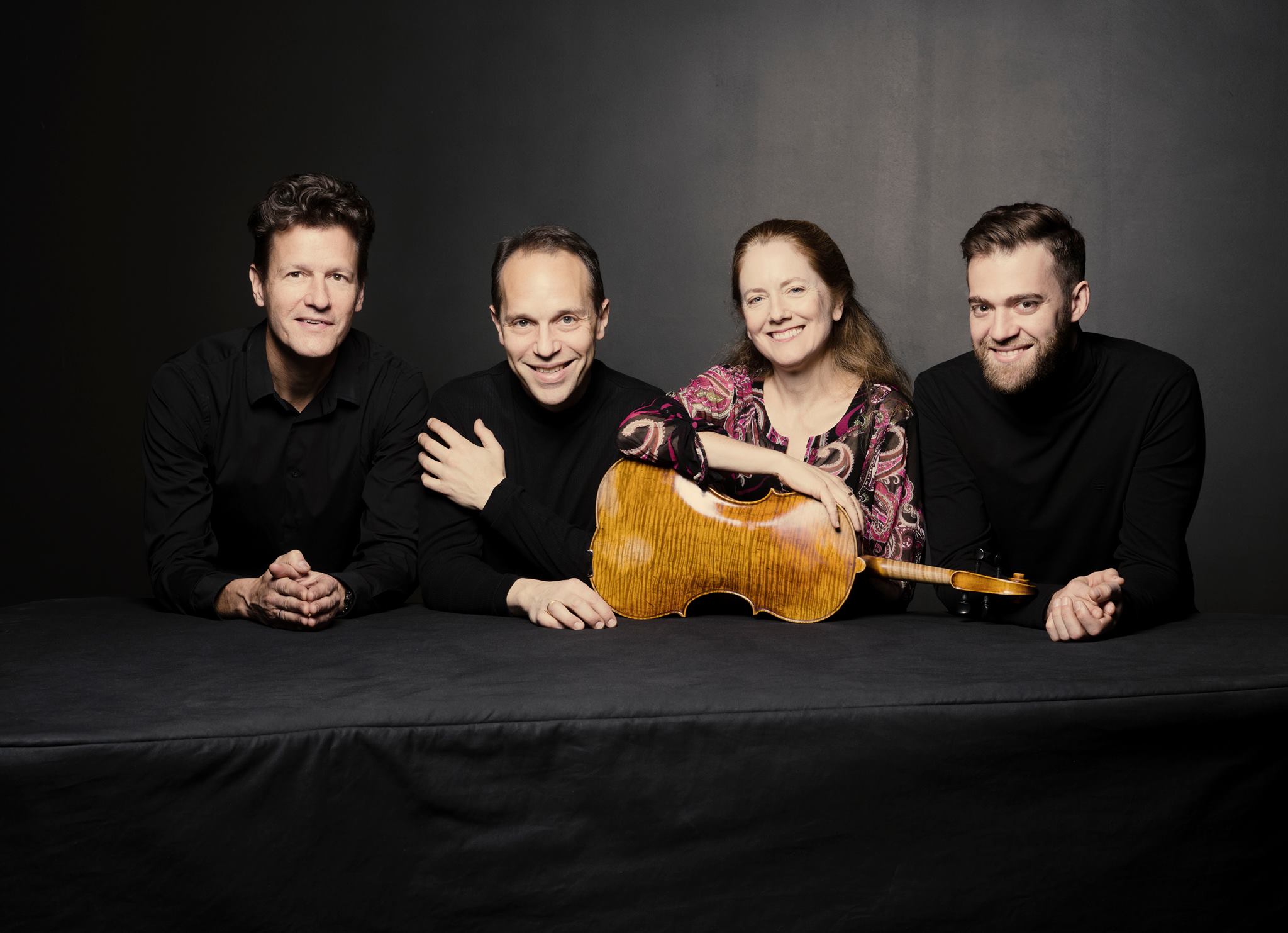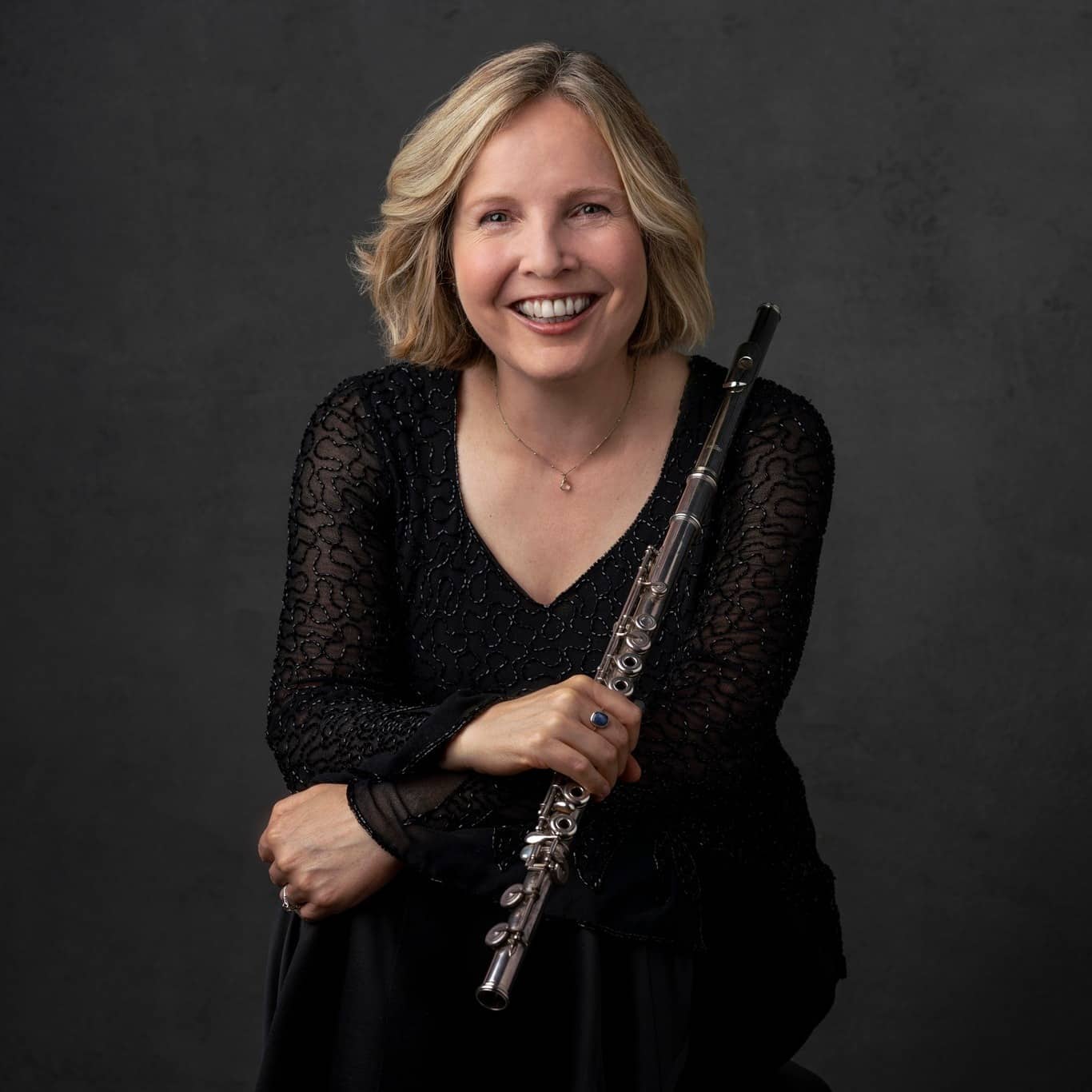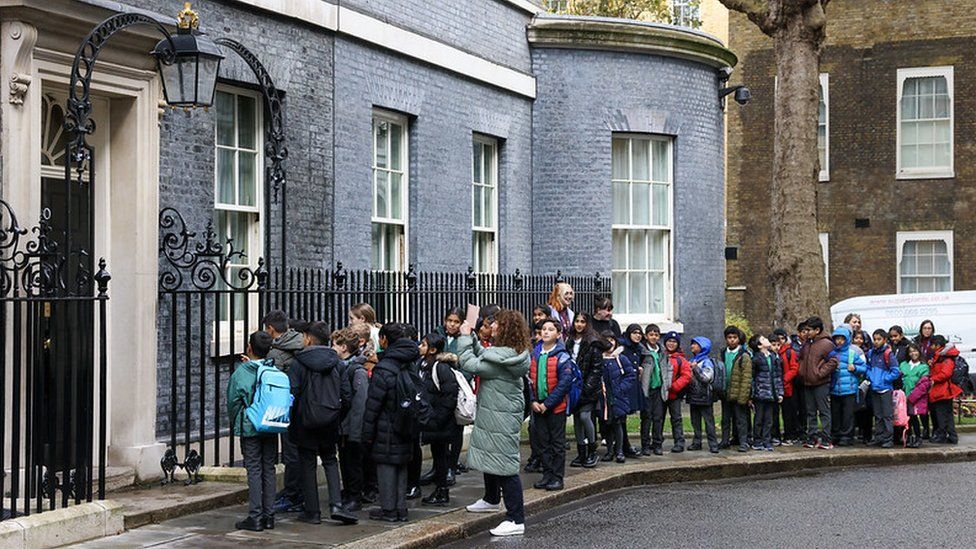Gloom spreads as BBC blanks classical music in its annual plan
NewsBrowsing the BBC’s new Annual Plan 2023/24, I am struggling to find any frontline role for classical music . The report’s claim to entertain the nation makes no mention of the Proms. The section on radio omits Radio 3.
The only classical statement I have found is this hastily rewritten, semi-apologetic paragraph:
We will strengthen the BBC’s public purpose for classical music, delivering the best music to a wider audience. Although we are reducing our total spend on performing groups due to significant funding pressures across the BBC, we are committed to doubling our investment in music education. The plan for classical music includes creating agile ensembles to work even more flexibly and creatively, working with a greater number of musicians and broadcasting from more venues around the UK. We also plan to invest more widely in the future of choral singing across the UK and are exploring new funding models for the BBC Singers. We also aim to create stronger partnerships to develop future musical talent.
Read this blether any way you like but it does not look like classical music is a BBC priority.
More of the report is written in neo-Orwellian Corp-speak:
We have continued to transform how the BBC works, ensuring we are effective and efficient. In March for example, we brought together our teams working in a wide variety of technology, operational and marketing & audiences roles across the BBC. Bringing together professionals across the BBC into these teams will mean we can better manage and prioritise our resources; create greater opportunity for development and progression; and better share best practice and expertise.
Blessed is the BBC when it spouts utter bollocks.






It’s not just classical music. There was a time when the BBC put on classical plays: Shakespeare, Webster, Ibsen etc. Now there is nothing – it’s a culture-free zone even at Christmas where opera and ballet have disappeared into the ether. The organisation is trying to suck up to the youth audience but the youth audience is too busy on Tik-Tok etc.
I can remember when the BBC put on plays not only on television, some which had a major effect on public opinion on often forgotten issues (“Cathy Come Home” being one), but also quite regularly on radio. As a junior studio manager I sometimes had to set up the studios for plays. But I think we also forget that one reason for the BBC being in the mess it is in is the massive expansion starting in the late-1960s with the advent of local radio.
Local radio was rushed through as the government’s answer to the popularity of the several offshore radio stations which basically broadcast round-the-clock pop. The record industry and musicians were up in arms as they received no royalties. The rearrangement of the BBC’s radio output to have more pop and the introduction of local radio stations were thought to be an effective part of the response. The offshore stations were then promptly banned. But it was also to result in a major dumbing down of the quality of the BBC’s programme content, a trend that sadly continues to this day.
I could never work out why the National
Broadcaster was allowed near local radio, yet many of the then new licenses were awarded to the BBC and many more since. I believe the BBC now runs about 50 of them or thereabouts. On what basis is this still permitted when the private sector could easily run them? Then there was the expansion of the single TV channel with BBC2. How many are there now – and again what is the justification? If the Corporation was forced to cut these services, it would still be fulfilling its role as the national broadcaster and presumably would have a great deal in cash savings to ensure a return to much better quality programming.
They’re still big. It’s the people who got small.
Yes, the culture-free zone is also called: “opportunity for development and progression”.
“Progression”…Let me guess? A Queer Fairy Tale Musical for toddlers?
You mean, like Barrie Kotzky’s “Carmen”?
Yep. When I was a kid, the BBC did classic children’s serials on Sundays. Dickens, the Brontes, Alexandre Dumas…we learnt our literature early, and it was GREAT. Good documentaries, good arts programmes. I started Uni knowing my stuff well. That’s all gone now.
All they’re doing on screen is soaps and quiz shows. A chanel that deserves public funding should be special. Not a copy of commercial channels.
Maybe you’re so intoxicated by participating in this orgy of “if only it was like it used to be” that you haven’t noticed that you can watch episode 2 of Great Expectations on BBC1 this evening? Granted they’ve done that particular Dickens novel many times before but to say “All they’re doing on screen is soaps and quiz shows” is just rubbish. They spend a fortune on TV drama series, most of which are very good indeed.
Every seal claps for “diversity” until the ramifications jump up and snap away their jobs. Well-done, West, you’re diversifying yourself right out of your culture.
The issue is not so much diversity, as it is that the BBC spends too much public money on support of art forms that don’t need subsidy, thanks to their inherent popularity.
…because of diversity!!
Reminds me of the old Woody Allen joke: ‘the food is terrible and the portions are so small”!!
Wokesters are running everything now and they are deeply hostile to Western anything, let alone classical music and unwoke opera.
There are strong elements within the BBC that want to be rid of it, pure and simple.
From their point of view, it ticks no boxes whatsoever. Anyone who continues to put money into this organization wants their head examined. It is quite possible to live without it in 2023.
The mention of so-called ‘agile ensembles’ conjures the mental image of two freelance orchestras, of limited strength, dashing up and down the UK to perform at as many venues as possible, thereby ticking multiple BBC management boxes at once. These might include ‘introduce classical music to new audiences’, ‘bring classical music to as many regions as possible’, ‘rationalise employee numbers’ and, of course, ‘make savings as far as possible’. I’d give these poor musicians a few months before they collapse through physical exhaustion due to lack of sleep and poor diet in awful touring accommodation (all they’ll be able to afford) combined with stress resulting from not knowing when their next payment will be made. Exaggeration? Let’s wait and see.
You have to look at the calibre of GB politician elected in 2023. You have to look at the standard of education in GB. England was always called the land without music. Most of its music came from Ireland. It is not just classical music, trying to find anything to watch on TV is a struggle, I cope with a pile of opera DVDs I get in War on Want. I found a Boulez Chereau Ring for a fiver! The average voter, politician and TV celeb would not know his Bach from his Buxtehude.
In Ireland, music is taught in schools, Trad being everywhere, especially home music making, something lost even in Germany.
The curse of diversity is that in trying to please everyone it ends up pleasing no one.
I can still clearly remember …it must more than 40 years ago now – BBC1 screening the Magic Flute, and staging not only the final, but the earlier rounds of Young Musician of the Year, before it was side-lined in the era of post Reith populism to BBC 4. Let us face the grim truth that today, classical music, and along with it, everything else that requires long periods of concentration, is deemed elitist and therefore doomed to be marginalised.
what a load of corporate BOT-speak
The sort of Tories now in control of the party and the country have always longed for the end of the BBC as a non-commercial corporation funded by the licence fee. Tories now hold most key positions in the BBC. It is no coincidence that numerous decisions are being taken that encourage various types of viewer/listener to be disillusioned and more open to ending the licence fee. DONT FALL FOR IT. Vote the Tories out and get the BBC back to being run by people who are not political partisans.
As with most of the intellectual (obviously a no-no word at the BBC ) content ,the cuts to the orchestras and the debacle with the Singers is just a further signal that the powers that be are just choosing the lowest denomination with regards to the programming on TV as well as Radio.How much of a mention do we get on the over inflated salaries of the so called ‘celebrity” presenters being pared back .The money saved from getting rid of a few could well fund a revival of some of the arts programmes that the BBC used to make so well in the past and what they were famously renowned for around the world.
What is an “agile ensemble?”
Decoded:
“The plan for classical music includes creating agile ensembles to work even more flexibly and creatively, working with a greater number of musicians and broadcasting from more venues around the UK.”
agile ensembles = pared to the bone
flexibly and creatively = slashed budgets
greater number of musicians = lots of subs
Very sad indeed. It’s a slippery slope. Just look at Australia’s ABC. Distressing abandoment of the classics for computer games music, movie music and endless mindless woke chat.
It looks as if classical ensembles will have to look for patronage elsewhere. How do e.g. John Wilson and his Sinfonia of London manage it?
The kid-ology goes from bad to worse. Classical music wasn’t popular when the BBC was founded; however Lord Reith and those around him saw it as very important part of the educational brief. I think of a couple of friends of mine who ‘graduated’ from Classic FM to Radio 3 – one of them a long-distance lorry driver. This is what the BBC is for.
The Orwellian blather is beneath contempt, but if the doubling of investment in music education is true, we should cheer. That’s the only way to rebuild the audience whose falling numbers are the proximate cause of the cuts (at the BBC and elsewhere).
The doubling of investment in music education, even in the unlikely event that it does happen, amounts to a doubling of how much? And education in what sort of music – drumming and electronically-assisted wailing?
Music education should be funded by government, national and local, not by the national broadcaster.
Any responsible government would insist that the BBC gets rid of its seemingly desperate intent to compete with commercial channels and just get on with the job of providing the best of British and other countries’ arts and generally excellent, informative and enlightening programming.
After the BBC Singers fiasco, and the (still under threat) possible 20% reduction of contracted players in the three England-based BBC Orchestras, why is anyone surprised and/or dismayed by this latest BOT-speak. This is what the BBC has descended to over the past 20 years or so. People have cited the abandonment of the Young Musician of the Year programmes, and the absence (for the most part) of plays and other cultural genres. At some point (if it hasn’t already done so) the BBC will reach a point where the licence fee in no circumstances can be justified, especially since it is a mandatory requirement for anyone who wishes to watch the minimum output-say the news programmes. This information is readily available via many other media streams. Hopefully when the BBC does come to be ‘abandoned’ those who put these policies in place will be either unemployed or unemployable.